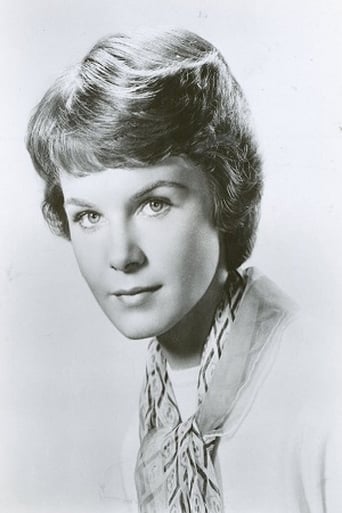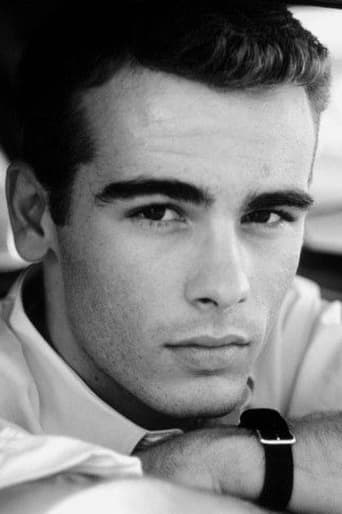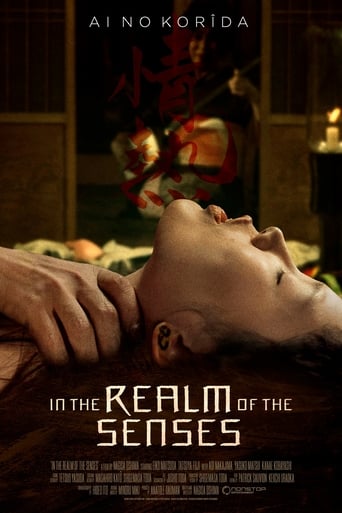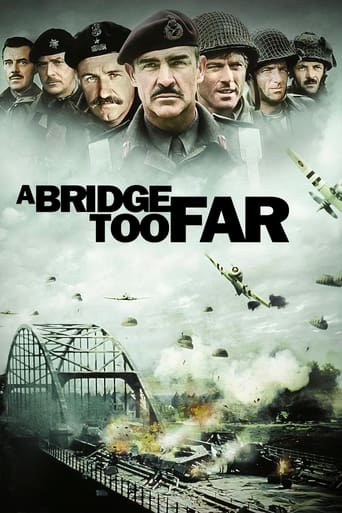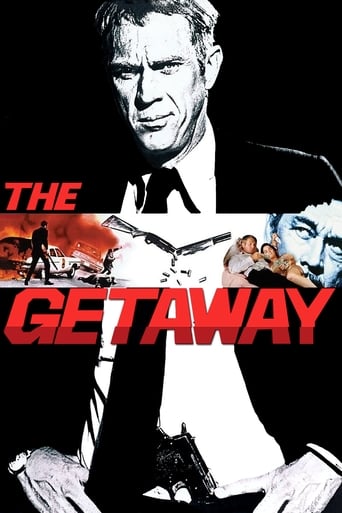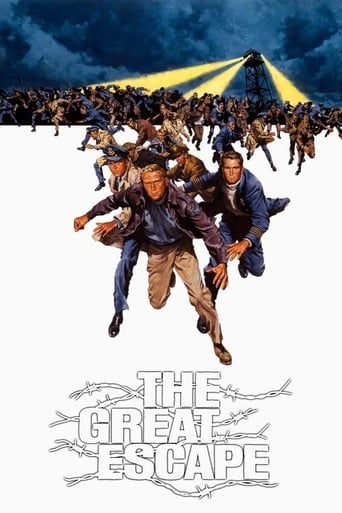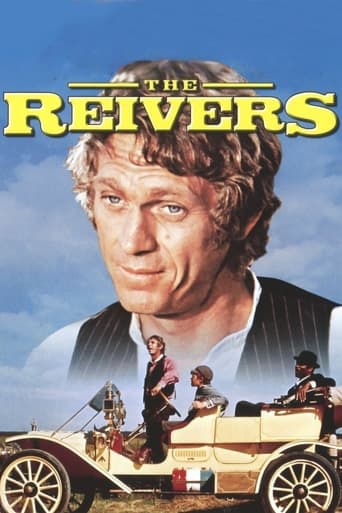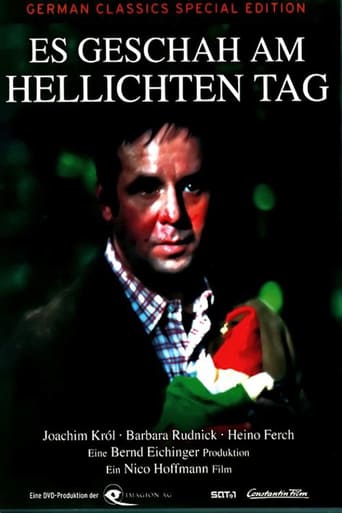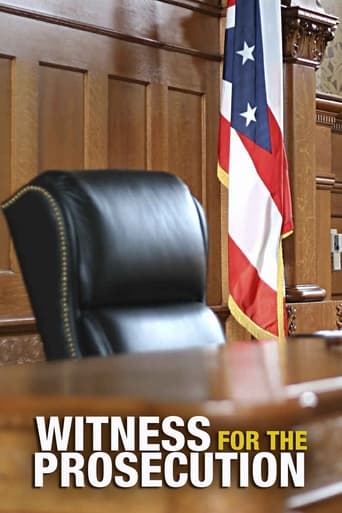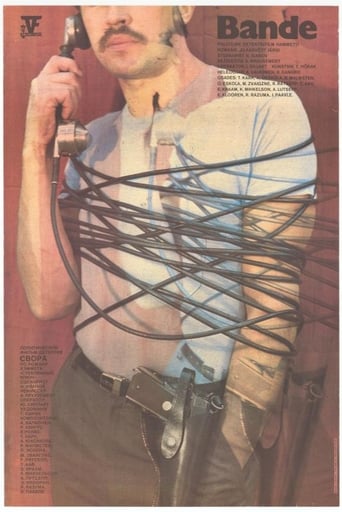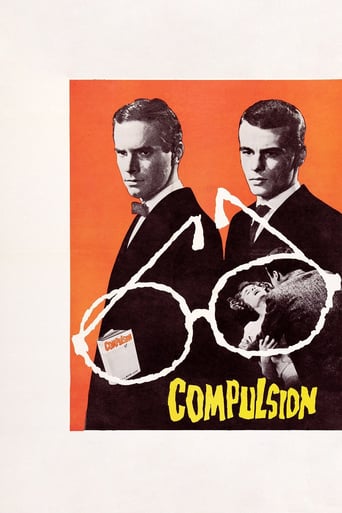
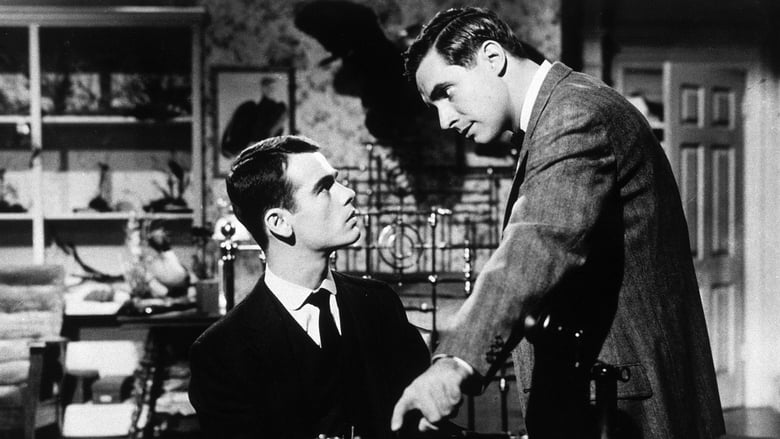
Compulsion (1959)
Two close friends kidnap and murder a young boy and are defended in court by a renowned attorney who makes an impassioned plea against capital punishment.
Watch Trailer
Cast


Similar titles
Reviews
I don't know why I'm so attracted to this vulnerable weirdos. From Anthony Perkins as Norman Bates in Psycho to Colin Firth as Adrian Leduc in Apartment Zero, darkness and a fragility that is part of the unbearable suspense. Maybe I'm in need of professional attention but I don't think so. What attracts me is by the undeniable innocence behind the horror and that has a lot, if not everything, to do with the actors playing them. Look at Anthony Perkins in Psycho! 57 years ago and it still looks and feels kind of revolutionary or Colin Firth in Apartment Zero, the character is so unique and real that you can see it a thousand times and always find some new extra something, then Dean Stockwell in Compulsion. He plays a monster, a sick, pathetic prince of a man. Yes all of that. The humanity of the actor makes the monster human and we can't dismiss him, he doesn't allow us. Orson Welles has a great entrance into the film and E.G Marshall is superb as per usual, it is the rest of the cast who seem a bit dated, specially when sharing the frame with the extraordinary Dean Stockwell
Even now, some ninety-plus years after the event there is, it would seem, still some mileage left in the infamous Leopold/Loeb case that has already spawned at least two novels, a stage play and several movies. The facts can be stated in a brief sentence; two wealthy Chicagoans, late teens, Jewish, gay, highly intelligent and disciples of German nihilist philosopher Frederich Nietchze, planned and carried out the cold-blooded murder of a young boy in order to see how it 'felt' to kill. They were caught, stood trial, and were defended by Clarence Darrow, a lawyer who never prosecuted a case but always appeared for the defense. Darrow pleaded the case before a single judge rather than a 12-man jury and by so doing was able to avoid the death penalty and secure life sentences for both defendants. All hands turn in solid work from Dean Stockwell and Bradford Dillman as the sociopaths, E.G. Marshall as the State prosecutor and above all Orson Welles who dominates the last hour as Jonathan Wilk, a lightly fictionalised Clarence Darrow. Richard Fleisher wisely shot in black and white which adds atmosphere. Still more than watchable.
Compulsion is directed by Richard Fleischer and adapted to screenplay by Richard Murphy from the novel written by Meyer Levin. It stars Dean Stockwell, Bradford Dillman, Orson Welles and Diane Varsi. Music is by Lionel Newman and cinematography by William C. Mellor.Based upon the real life Leopold and Loeb murder trial of the 1920s, Compulsion finds Artie Strauss (Dillman) and Judd Steiner (Stockwell) as two well to do young men attempting to commit the perfect crime - murder! But it wasn't so perfect after all and they soon find themselves on trial for their own lives. Enter famed attorney Jonathan Wilk (Welles), who fights to keep them from the death penalty.Healthily rated in some quarters, it's a film that actually does divide opinions, which when all is considered is unsurprising given the capital punishment core of the story. The story builds superbly, brilliantly photographed and paced by cinematographer and director, and performed with imposing skills by Dillman and Stockwell. Then the crux of the film arrives in the form of Welles, who late in the play has the unenviable job of turning the piece into a soapbox anti capital punishment advertisement. It's also a performance from Welles that has drawn major pros and cons in critical circles. Whatever your thoughts on capital punishment, Welles makes a telling acting mark. The sound mix could have been fine tuned, as Welles is prone to mumble during his speeches, but it remains gripping on court room drama terms, even if there's a little deflation - a feeling of anti-climax - after the build up had been so good. Not really capturing the notoriety of the real case, it's nonetheless a compelling piece and well worth seeking out. 7/10
This is an extremely well written, acted, directed and very tense drama film based closely on the Leopold and Loeb case, one of the most infamous murder trials of the 20th Century in which two teenage geniuses kidnapped and murdered a 14-year-old boy named Bobby Franks in order to commit the perfect crime. More specifically, it was based on a 1956 novel of the same name by Meyer Levin. The names of those involved with the case are changed but practically everything else occurred exactly the same way as it did in reality. Leopold and Loeb's motivations and actions are ascribed to their fictional stand-ins Judd Steiner and Artie Strauss.Steiner and Strauss are extremely compelling characters played very well by Dean Stockwell and Bradford Dillman respectively. Steiner, based on Leopold, is the lesser of two evils. He is under the thumb of the supremely arrogant, manipulative Strauss, who is based on Loeb and often has to order him to go along with his plans. He has such complete control over him that he can do. Steiner is obsessed with Nietzsche, fully subscribing to his view of the Übermensch and the concept of "to have and not have one's emotions." To that end, he has tried to put Nietzsche's theories into practice and appears detached from his emotions much of the film, which gives his two emotional outbursts more power than they would have had otherwise. It is a difficult role to play convincingly but Stockwell, only 22 at the time, does a great job. Strauss, however, is a different kettle of fish. He likewise believes himself to be an Übermensch but he approaches his crimes, up to and including the very brutal murder, with a sense of excitement, even glee. He is often seen grinning and laughing about them, which is very disturbing. He is just as emotionally abnormal as Steiner but in a different and, for me, more frightening way. The fact that Dillman, a highly underrated character actor who excels in the role and commands the film for its first hour, has just an appealing screen presence makes him even more so. It's not the villains who wear black hats and twirl their moustaches that you have to worry about.In reality, Leopold and Loeb were lovers and had an extremely intense relationship with the former as the submissive one and the latter as the dominant one. Given the time, the sexual nature of their relationship was removed - at least explicitly - but the intensity remained. To cover up the fact that their real counterparts were gay, Steiner receives a love interest of a sort named Ruth Evans, played badly by Diane Varsi, who is entirely fictional. At one point, he attempts to rape her on Strauss' orders but is unable to do so. She begins to regard him as, basically, a lost little boy and even testifies on his behalf at the trial, something which I don't think really rings true. Sid Brooks, played well by the always dependable Martin Milner, is another character whom I don't think was based on anyone in particular. He is a college acquaintance of Steiner and Strauss who works as a reporter and discovers that Paulie Kessler, the film's version of Bobby Franks, has been murdered.In spite of being billed first, Orson Welles does not appear until a full 67 minutes into the film but he steals the show from then on. He gives one of his best performances as Jonathan Wilk, who is Clarence Darrow in all but name. He is even modeled on him physically. Darrow was perhaps the most famous criminal defence lawyer of his day who was well known for his lifelong campaigns against the death penalty and for civil liberties. In reality, Darrow delivered an impassioned 12 hour summation in which he successfully convinced the judge to spare Leopold and Loeb's lives. In the film, Wilk does exactly the same thing over a shorter time period, often paraphrasing or even directly quoting from Darrow's speech. Welles is brilliant in the role, playing it with a great deal of passion and charisma. Wilk is presented as a man of great wisdom, intelligence, conscience and a sense of quiet dignity. In all but his intelligence, he is the perfect antithesis to the two murderers. Although the film is dominated by the three main actors, it has a strong supporting cast, particularly E.G. Marshall as D.A. Harold Horn, Robert F. Simon as Lt. Johnson (whom Steiner leads around by the nose for much of the investigation), Richard Anderson as Steiner's older brother Max and Marshall's "12 Angry Men" co-star Edward Binns as Tom Daly. Loeb was murdered in prison in 1936 but Leopold was released in 1958, only months before the film was released, after serving only 34 years of his life plus 99 year sentence. He tried to stop it from entering production on the grounds of defamation but his case was dismissed as the judge said - not in so many words - that he did not have much of a reputation to defame as an infamous child murderer, one who he had confessed at that. After his release, Leopold moved to Puerto Rico, married a widowed florist and got a job as a medical technician. He died on August 29, 1971 at the age of 66.



